
Proven Health Benefits of Celery & Nutritional Facts (Evidence-Based)
Proven Health Benefits of Celery & Nutritional Facts (Evidence-Based)
Celery, a remarkably versatile and crunchy vegetable, is a powerhouse of nutrition despite its low-calorie and low-carb profile. Incorporating celery stalks, ribs, or leaves into your diet offers a myriad of health benefits, including aiding weight loss, lowering blood pressure, promoting liver health, and helping manage diabetes. Rich in essential vitamins, minerals, and antioxidants, celery also strengthens immunity and helps combat disease.
Whether you prefer it juiced, added fresh to meals, or simply munched on raw as a healthy snack, celery provides compelling reasons to make it a dietary staple. This article will delve into the evidence-based health benefits of celery and explore how its various parts—seeds, leaves, and juice—contribute to the health of your heart, liver, and entire body.

What is Celery?
Celery (Apium graveolens) is a widely cultivated vegetable belonging to the Apiaceae family, closely related to parsley. It's known for its long, fibrous stalks, which are abundant in vitamins and other nutrients. These stalks are often referred to as celery sticks or ribs, while the entire plant is called a celery head. The "celery heart" refers to the tender inner stalks at the core of the head.
Researchers recognize celery as a diuretic and nutrient-rich plant with extensive applications in traditional medicine. It contains beneficial compounds such as limonene, selinene, powerful antioxidants (flavonoids), and vitamins C and A. Its high fiber content also makes it excellent for weight loss and digestive health (1). Extracts from celery seeds further contribute to its health profile with beneficial oils and fatty acids that protect the cardiovascular system (2).
Celery leaves, often overlooked, are also edible and packed with vitamins and minerals, making them a flavorful and colorful addition to soups, salads, and garnishes.
Nutritional Value of Celery
The extensive health benefits of celery, whether consumed as stalks or juice, stem from its rich nutrient composition:
-
Low Calorie & Fat-Free: A single stalk contains only 6-9 calories and virtually no fat, making it an ideal weight-loss friendly snack (3).
-
High in Fiber: Two large celery stalks provide 2 grams of fiber, accounting for 8% of your recommended daily intake (RDI). This fiber content helps curb hunger pangs, preventing overeating (3).
-
Low Carb & Low Glycemic Load: One cup of chopped celery contains only 3.5g of carbohydrates (1% of RDI) and boasts a very low glycemic load of just 1, making it excellent for low-carb or keto diets (3).
-
Rich in Vitamins: Celery is an excellent source of Vitamin K (one large rib provides 18.7 mcg, 23% of RDI) and also contains beneficial amounts of Vitamins A, C, and B-group vitamins (one large rib contains 2 mg Vitamin C, 3% of RDI) (3).
-
Mineral Powerhouse: Celery is a good source of minerals vital for bone health, blood, skin, and overall well-being, including potassium, calcium, manganese, magnesium, and phosphorus.
Celery's Anti-Inflammatory and Antioxidant Properties
Anti-inflammatory Benefits: Consuming celery can significantly help reduce inflammation throughout your body. Chronic inflammation is linked to serious diseases like cancer, diabetes, heart disease, and Alzheimer’s (4). A 2018 review highlighted celery as an excellent source of beneficial nutrients with anti-inflammatory properties that support cardiovascular health (5). Celery seeds also demonstrate anti-inflammatory benefits, contributing to good gastrointestinal health and helping prevent gastric ulcers (6).
Rich in Antioxidants: Celery is considered a medicinal plant due to its high antioxidant levels, which are essential for preventing cellular damage caused by free radicals. Research from 2017 identified beneficial compounds in celery such as luteolin, tannins, and flavonoids (7). Extracts from celery seeds, root, and leaves have been traditionally used to treat various ailments, including rheumatic conditions, heart disease, and diabetes (7).
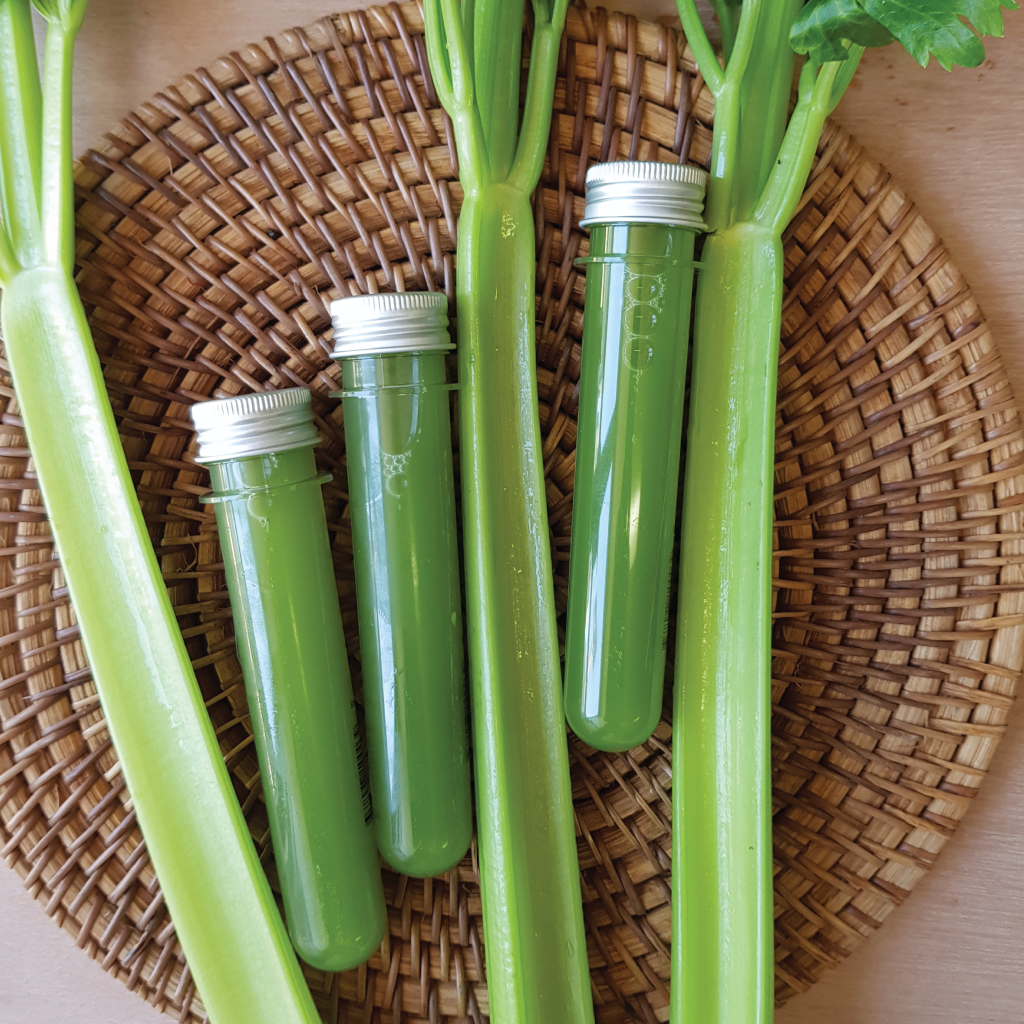
The Health Benefits of Celery: Why It's Good for You
Let's explore the specific ways celery contributes to your health:
-
Aids Weight Loss: Celery's low-calorie, high-fiber, and nutrient-rich profile makes it a top choice for weight management. Classified as a "low-energy-dense food," it promotes satiety without excess calories, helping to control hunger between meals (8, 9).
-
Boosts Heart Health: Celery benefits cardiovascular health whether eaten raw, juiced, or cooked. It helps reduce inflammation linked to heart disease and contains antioxidants that regulate blood pressure and lower cholesterol (10). The antioxidant luteolin in celery specifically helps reduce oxidative stress on the cardiovascular system (11).
-
Helps Lower Blood Pressure: Celery is effective in controlling hypertension. Various studies show that celery extracts can lower high blood pressure and exert cardio-protective effects (12). Specifically, celery juice mixed with honey has shown significant blood pressure reduction in human studies (13). Celery's ability to relax arteries also contributes to its hypotensive effect (14). Furthermore, its rich Vitamin K content may play a role, as low levels of Vitamin D and K have been linked to increased hypertension risk (15). Celery seed extracts also exhibit hypotensive and diuretic effects, aiding in the removal of excess sodium and water (16).
-
Can Lower Cholesterol: Celery helps reduce the risk of coronary heart disease by lowering cholesterol levels. Studies, including animal trials, indicate that unique compounds in celery and certain amino acids contribute to reduced blood fat and cholesterol (17, 18).
-
Promotes Liver Health: Regular consumption of celery juice can protect the liver from free radical damage. Celery's hepatoprotective properties, supported by its antioxidants, have shown promise in preventing liver damage. Celery leaf and root juices, especially when combined with chicory leaves and barley, can reduce liver enzymes and potentially lower the risk of fatty liver disease (19, 20).
-
Supports Digestion: High in fiber, celery is excellent for digestive health and preventing constipation. Beyond fiber, scientific studies show celery's benefits in lowering the risk of ulcers by promoting tissue healing in the gastrointestinal system (21). Its compound apigenin also possesses antibacterial properties, effectively targeting Helicobacter pylori, a common cause of peptic and gastric ulcers (22).
-
Helps Manage Diabetes Symptoms: Celery is an ideal food for diabetics due to its low carbohydrate and high fiber content. A large stalk (64g) contains less than 2g of carbs, preventing blood glucose spikes, and offers essential vitamins with only 9 calories. Celery leaf extract has also been shown to lower blood glucose levels without increasing insulin (23).
-
Relieves Sore and Inflamed Joints: As a natural anti-inflammatory food, celery can significantly manage arthritis symptoms. Celery extracts are popular supplements for osteoarthritis, with studies showing that flavonoid compounds in celery seed extract effectively soothe arthritic pain and reduce joint swelling (24, 25).
-
May Improve Male Fertility: Celery has a traditional reputation for improving male sexual health. A 2015 study found that celery leaf extract increased sperm count and other fertility parameters in men (26).
-
Boosts Cognitive Function: The rich nutritional content of celery supports brain health. Compounds like luteolin and apigenin in celery help protect neurological processes, reduce inflammation, and enhance cognitive performance (27). Extracts from Chinese celery seeds contain L-3-n-butylphthalide, a compound that may prevent neurodegenerative diseases by reducing oxidative stress on the brain, potentially playing a role in preventing or treating Alzheimer's symptoms (28).
-
Beneficial During Menopause: Celery contains phytoestrogens that can mimic estrogen, potentially aiding in reducing menopause symptoms. While not a replacement for estrogen therapy, increasing celery intake during menopause provides general health benefits and boosts nutrient intake. Dietary luteolin in celery can help prevent osteoporosis in older women by protecting bones from mass loss (29, 30). Apigenin in celery may also help prevent cervical cancer in menopausal women (31).
-
Possesses Anti-Cancer Properties: Celery is a healthy vegetable containing compounds with chemo-protective properties. The Journal of Cancer Prevention reports that celery seeds and Chinese celery are rich in apigenin, which plays a role in preventing certain cancers and can even inhibit tumor spread (32). Other studies show that compounds in celery, parsley, fennel, and parsnip have anti-tumor activity and can protect against some forms of cancer (33).
The Health Benefits of Celery Seeds
Whole or ground celery seeds can be added to cooking, offering a strong, bitter flavor and impressive health benefits:
-
Lowering Blood Pressure: Celery seed extract can reduce hypertension due to its anti-hypertensive compounds (34).
-
Treating Gastric Ulcers: Studies show celery seed extracts protect the gastric lining from H. pylori bacterial infections (35).
-
Arthritic Pain Relief: Celery seed extract has been found to be as effective as non-steroidal anti-inflammatory drugs in soothing joint pain and inflammation (36).
Precautions
While celery is a highly beneficial vegetable, there are some considerations:
-
Allergic Reactions: Celery root can trigger allergic reactions in some individuals, potentially causing asthma attacks, eczema, or other allergic symptoms (37, 38).
-
Pesticide Residue: Conventional celery often contains high levels of pesticide residue. It is highly recommended to purchase organic celery to minimize exposure to these chemicals (39).
Celery is a powerhouse of goodness, packed with vitamins, minerals, and nutrients that significantly boost overall health, aid in weight loss, support heart health, and lower blood pressure. Enjoy its many benefits responsibly!
News in the same category


80% of Heart Attacks Are Preventable: Embrace These 5 Simple Habits
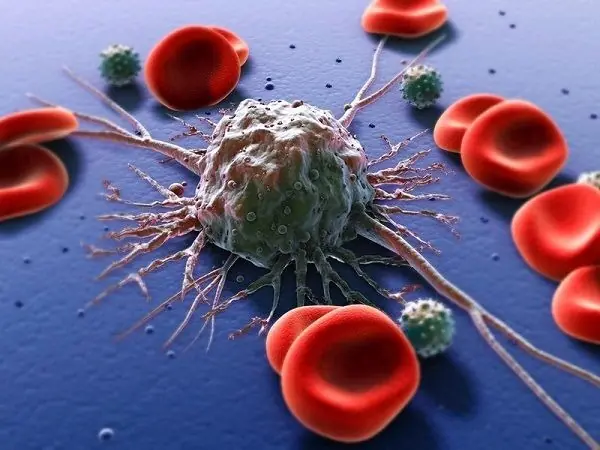
Is Cancer Hereditary? Helpful Tips to Prevent the Growth of Cancer Cells
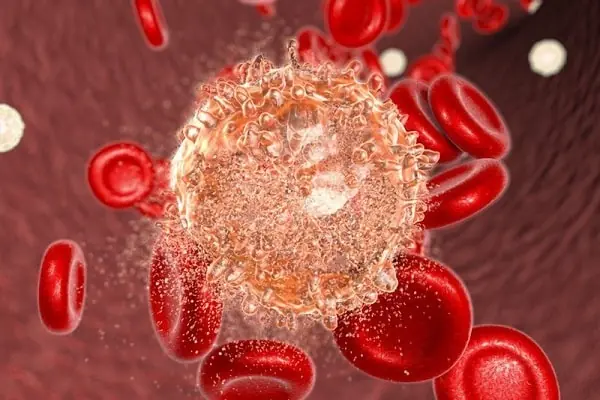
Warning from Hospitals: Eating This Type of Meat Every Day Can Increase Cancer Risk – Don’t Be Complacent!
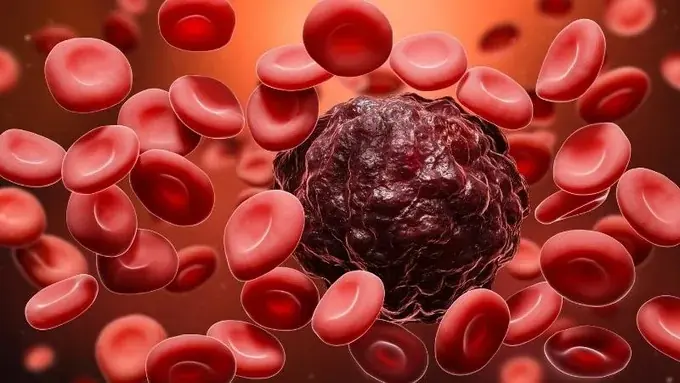
3 Pain Areas on the Body That Could Signal Early-Stage Cancer: Don’t Delay, or It Could Spread

Natural Solutions for Gout: Tackling Uric Acid to Prevent Pain

Don't Ignore These 15 Common Cancer Symptoms: A Guide to Early Detection

5 Hidden Nutritional Deficiencies You Likely Have (and How to Fix Them)

3-Year-Old Girl Bites and Swallows Mercury from a Broken Thermometer — Her Mother’s Quick Thinking Saves Her Life and Earns Praise from Doctors

More and More Young People Are Suffering from Colon Cancer — Doctors Warn: Eat Less of These 3 Things!

Diagnosed with Late-Stage Stomach Cancer, I Painfully Realized: 3 Foods Left Too Long in the Fridge Were the "Accomplices"

Waking Up to Shoulder Pain: Causes, Solutions, and How to Sleep Soundly

Your Lymphatic System: A Hidden Key to Lifelong Health

Doctors Issue Urgent Warning: Weight-Loss Jab Users Risk Malnutrition and Muscle Loss Amid Diet Concerns

You Should Never Ignore These 9 Things Your Fingernails Reveal About Your Health
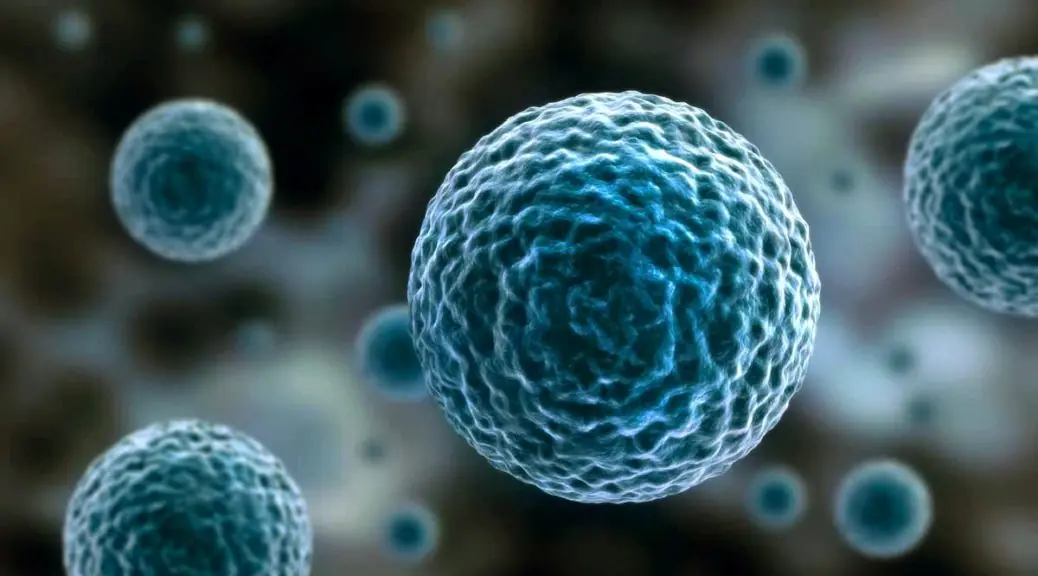
6 Foods That Are Not Compatible with Tumors, Remember to Eat Them Regularly

Before Cancer Knocks: 4 Signs on Your Hands and Feet Not to Be Ignored

Doctors Warn: 4 Food Storage Habits in the Refrigerator That Can Cause Cancer

Doctors Said It Was Gallstones—But It Was Stage Four Cancer
News Post

AI is Finally Learning to Translate Cat Meows Into Human Speech. Here Are the Tools to Try
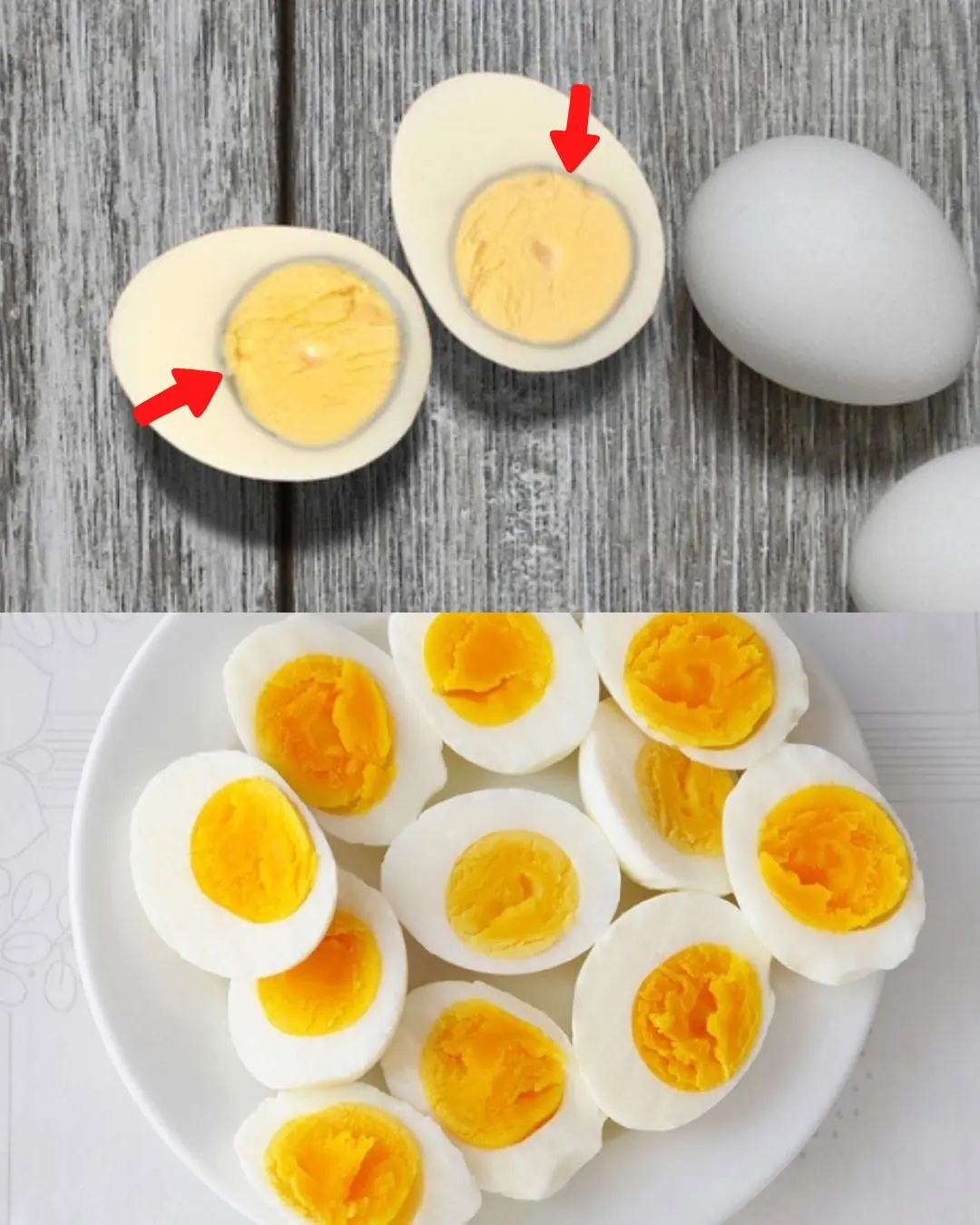
What causes the green ring around hard-boiled eggs?

Scientists Say More Animals Are Conscious Than We Ever Imagined—Even Insects

5 foods you should never keep overnight

63 Earths Can Fit Comfortably Inside Uranus

Scientists Develop Eco-Friendly Concrete Alternative From Sugarcane Waste, Called Sugarcrete

Mom Tells Boy He Can Pick Any Animal At Shelter. He Picked This Eldery, Overweight And Shy Cat

A New Study Suggests We Might Be Sitting Inside a Huge Cosmic Void and That Could Solve One of the Biggest Puzzles in Cosmology

Mold Illness: What It Is, Hidden Signs, and How to Protect Your Home

80% of Heart Attacks Are Preventable: Embrace These 5 Simple Habits

Is Cancer Hereditary? Helpful Tips to Prevent the Growth of Cancer Cells

Warning from Hospitals: Eating This Type of Meat Every Day Can Increase Cancer Risk – Don’t Be Complacent!

3 Pain Areas on the Body That Could Signal Early-Stage Cancer: Don’t Delay, or It Could Spread

What Your Ankle Bracelet Really Says About You — It’s More Than Just Jewelry

Truth behind viral statement after married CEO caught with employee on Coldplay kiss cam
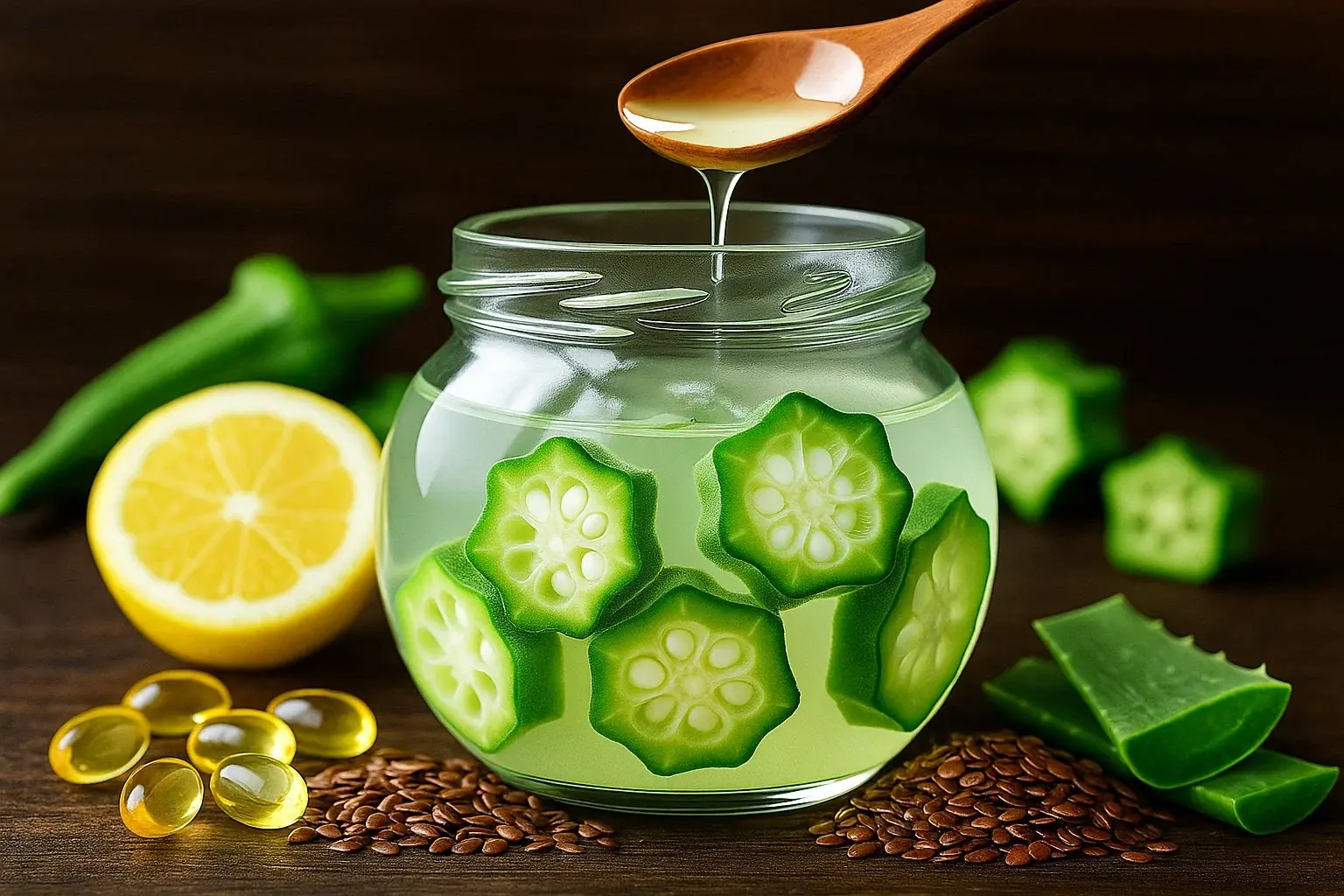
DIY Okra Face Gel Recipe for Radiant, Firm Skin: Collagen Boosting Skincare Solution for Glowing Skin
By incorporating this okragel into your nightly skincare routine, you can enjoy smoother, firmer, and more radiant skin in just a few simple steps.
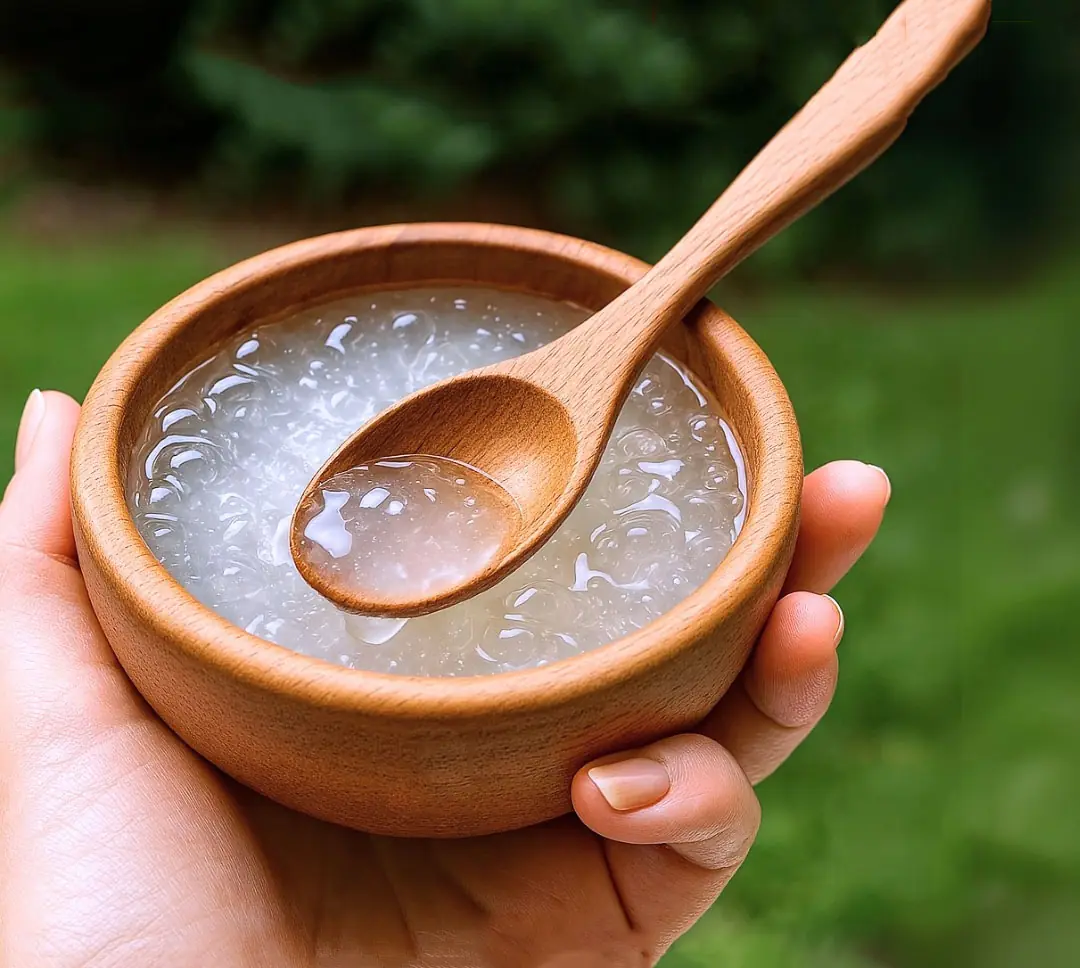
Homemade Rice Face Cream: A Simple, Natural Skincare Solution to Achieve Radiant Glass Skin in 7 Days
It’s time to create the DIY rice face cream that will help you achieve glowing, glass-like skin in just 7 days.

Natural Solutions for Gout: Tackling Uric Acid to Prevent Pain
